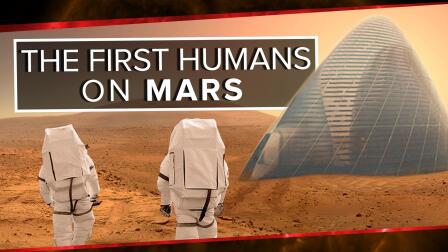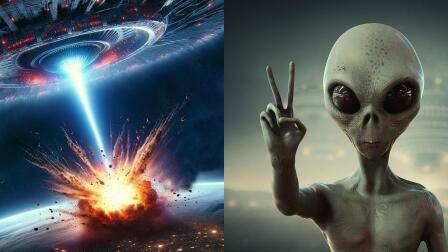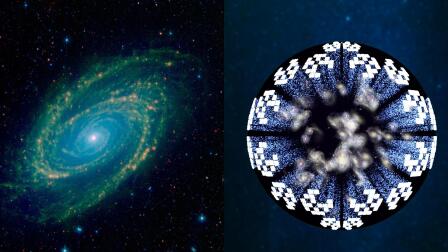Back to Show
PBS Space Time
The Future of Gravitational Waves
Season 2
Episode 36
On September 14th, 2015 LIGO announced the first detection of a gravitational wave. This was hailed at the time as the dawn of gravitational wave astronomy. However that’s only true if the we ever detect another gravitational wave. Now we have. On December 26th LIGO again observed the merger of two different black holes.
Sign up now for inspiring and thought-provoking media delivered straight to your inbox.
Support Provided By

13:44
The accumulation of space junk increases collisions known as the Kessler Syndrome.

11:34
If Planck relics are real, then the black holes may just be everywhere.

10:48
Quantum mechanics forbids us from measuring the universe. But we try with this principle.

14:08
We examine all the best-case scenarios for life beyond Earth.

13:11
Einstein gives us a glimmer of hope that time can be warped.

12:35
It may be that for every star in the universe there are billions of black holes.

12:35
Muon G-2 experiment produces the most successful predictions in physics.
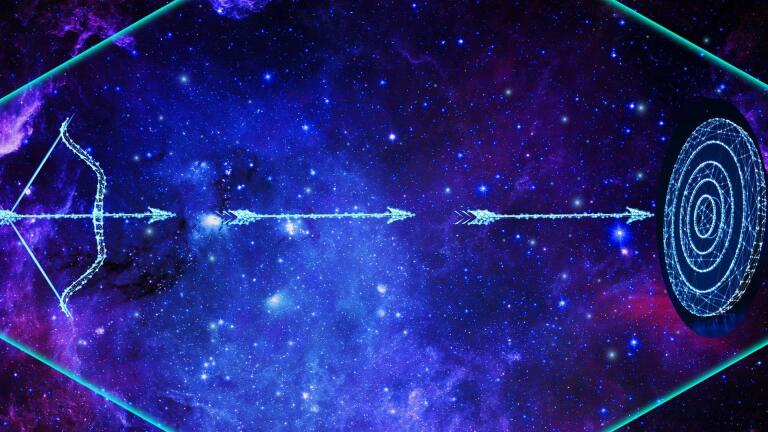
12:48
We talk about some real experiments that claim to have demonstrated Zeno's phenomenon.

13:08
The crisis in cosmology has actually gotten worse, which means we may be onto something!
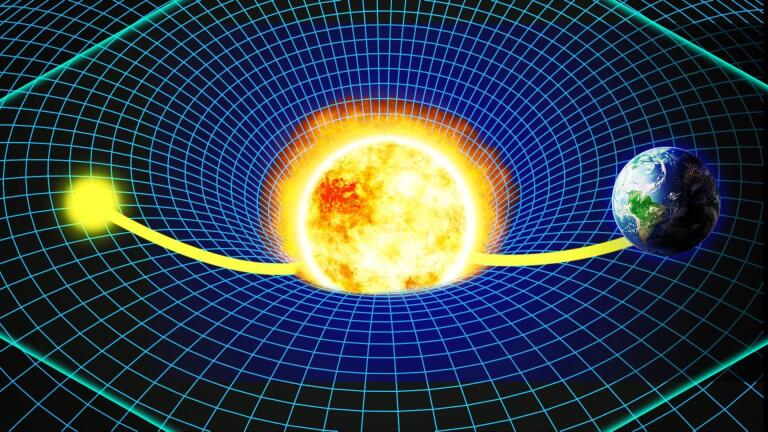
13:24
We explore if there is a true connection between light and gravity.

8:55
We explore that it's the warping of time that causes gravity.

13:54
There's a galaxy-spanning gravitational wave detector that has provided a breakthrough.

